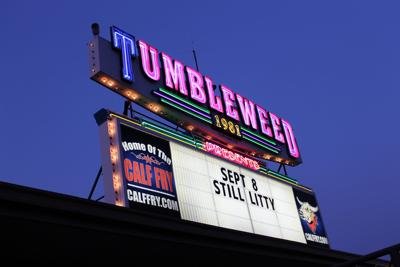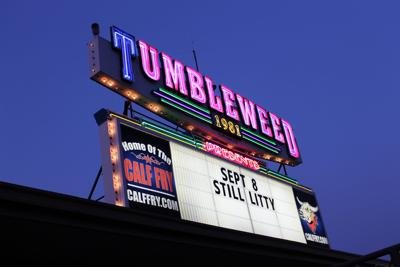
[Image Source] ( )
)
To preface, I’d like to say I agree with most of what Dr. Powell had to say. I enjoyed his presentation, and I thought the idea of drinking his way through socialist countries was interesting. His use of alcohol as a metaphor for the means of production and its quality was good food for thought as well. His observation of young people romanticizing socialism is certainly correct. I don’t notice it very much down here in Stillwater, but I do in St. Louis. To his point, many ‘democratic socialists’ only value the “what” that socialism embodies, but don’t care to dive into the “how.” We all strive for cheaper healthcare, equality, and the absence of oppression; but realistically, socialism doesn’t do much to create that environment. Capitalism doesn’t do much to create that either, though. The biggest pro to capitalism is that it gives the members of society the opportunity to create an environment where such values can thrive. Of course, if those values aren’t prevalent within the society, then they will not make themselves evident. I think this is where many socialist states make a mistake, and let the state force their values upon society. This was extremely evident in the Soviet Union when they demolished churches and forced many talented artists to begin making secular work only. I believe this is one of the many reasons why socialist states often look and feel barren and grey – there is no art or spirituality within many of them. This also becomes apparent with the signage deal. Capitalism drives so much of what we see day to day, all the adverts on billboards, America’s brightest orange, hell, even tumbleweeds giant neon sign outside. For better or for worse, capitalism adds tons of color (literally) to our lives.
I liked the separation of true socialism and fake socialism as well. I thought the growth talk was incredibly interesting ¬– how Sweden grew incredibly fast then plateaued. It made me think about complacency and sloth, but not necessarily in a bad way. They’ve reached a comfortable place, but there is no more room for improvement without serious reform. That isn’t a terrible thing, I suppose. Maybe the American dream of endless prosperity has just corrupted my thoughts too much. Complacency also crossed my mind with the Cuban cuisine chat. The top spice being tobacco because they don’t have access to anything else also ties into the “grey and barren” concept I previously mentioned. Again, it seems that capitalism ‘spices’ up our lives in many different ways, but is this just greed and gluttony? Is the life of ‘complacency and sloth’ not as terrible as it is made out to be?
I thought the Airbnb in Cuba was awesome. It also didn’t surprise me very much. It is a bit sad that people must leave their home just to go somewhere that they can make even a little bit of money to send home, however I’m glad they’re doing it. That is what the American dream is all about, right? The inverse of this is what he talked about in Venezuela. The fact that an economy couldn’t produce enough to even sustain itself is a bit wild to me, let alone the fact that middle-class families would have to cross the border into a neighboring country to purchase basic foodstuffs. Anyways, on another note, Cuba is such a beautiful place and tourism would go nuts there if private enterprise was allowed to facilitate it. Sure, the state-owned places work, but to Dr. Powell’s point, there is no incentive to grow or do any better when it’s just your 9-5 job. It’s kind of like when I worked at the OSU Foundation, soliciting people for donations to the university. Some days you really want to get donations because it truly means something to you, but other days, you hope no one picks up – either way you know you’re still getting paid hourly. There is no incentive to perform at the OSU Foundation or in government owned enterprise.
Moving onto China’s fake socialism, I watched a short documentary about Kowloon Waled City after I watched the presentation last night. It was a little annex of China within Hong Kong, but law wasn’t heavily enforced within its borders because it was surrounded by UK controlled Hong Kong. Apparently, many dentists that studied in China would operate in Kowloon because their dental licenses weren’t valid in Hong Kong. Many other things like kitchens would also operate here, supplying some of Hong Kong’s finest restaurants with dishes in the day. This reminded me a bit of the Cubans going to America and renting out Airbnb’s in Cuba, or Venezuelans going to Columbia for fresh food. I’m sure there’s more to dissect here, but it isn’t quite coming to mind yet.